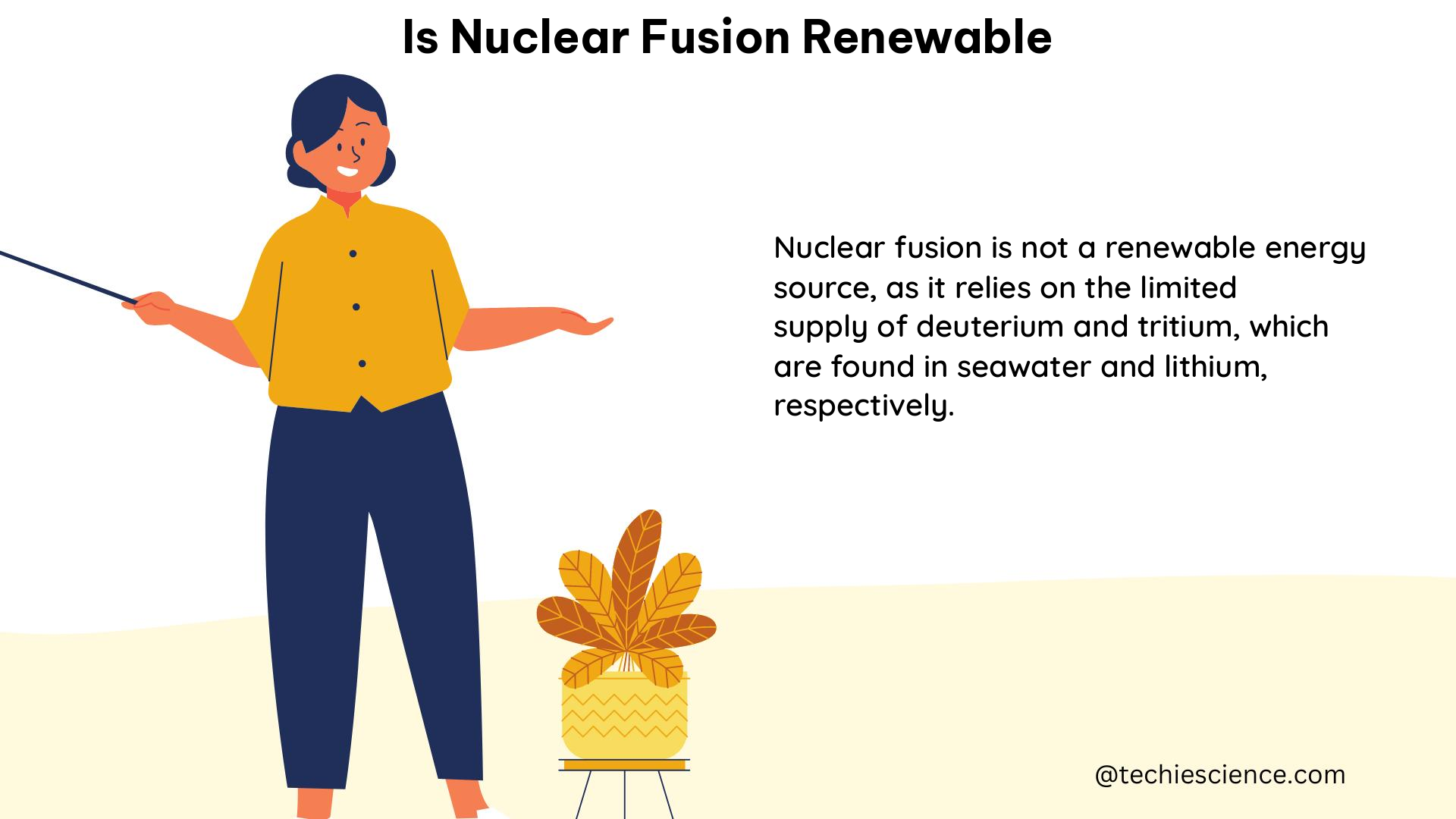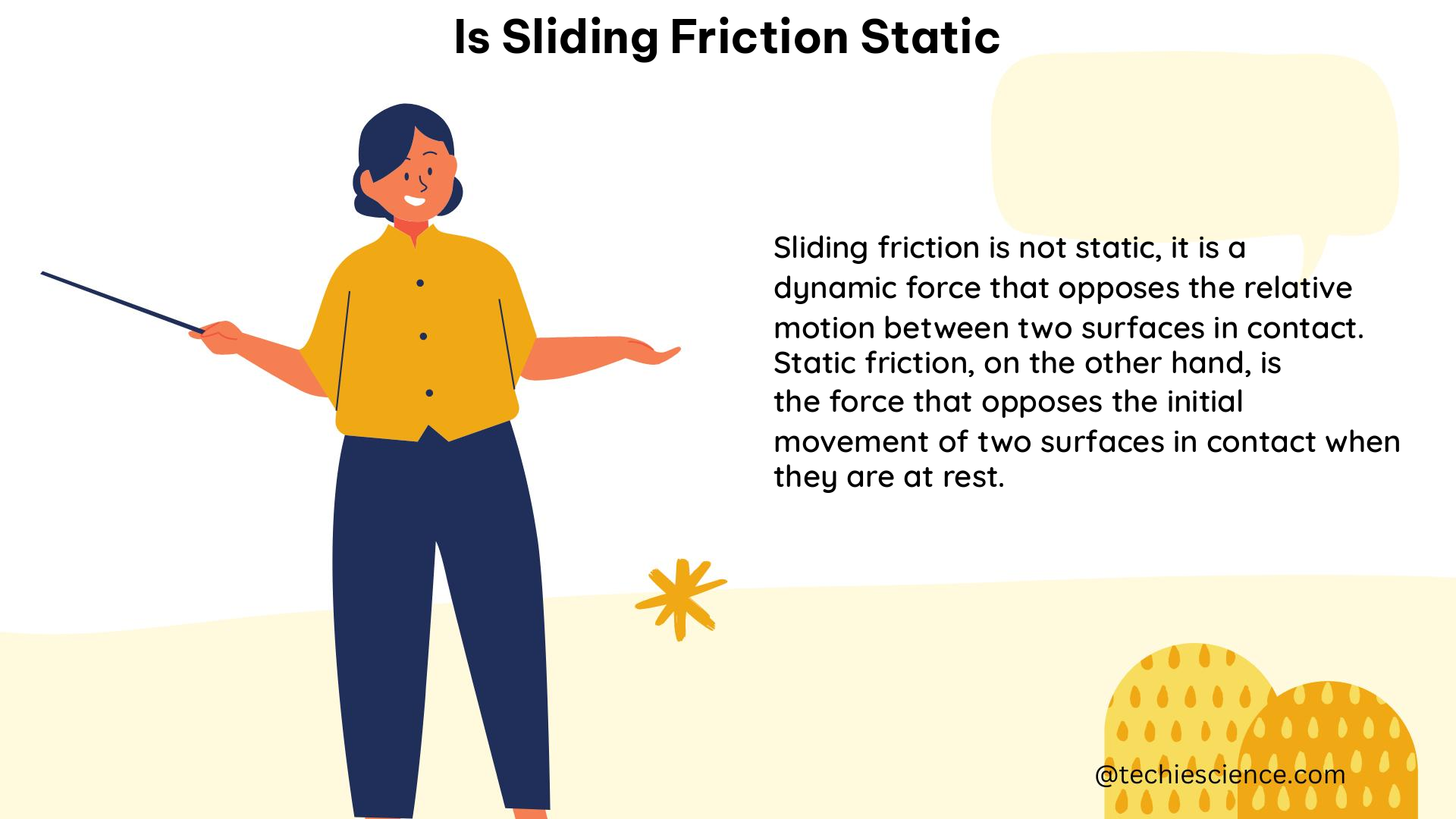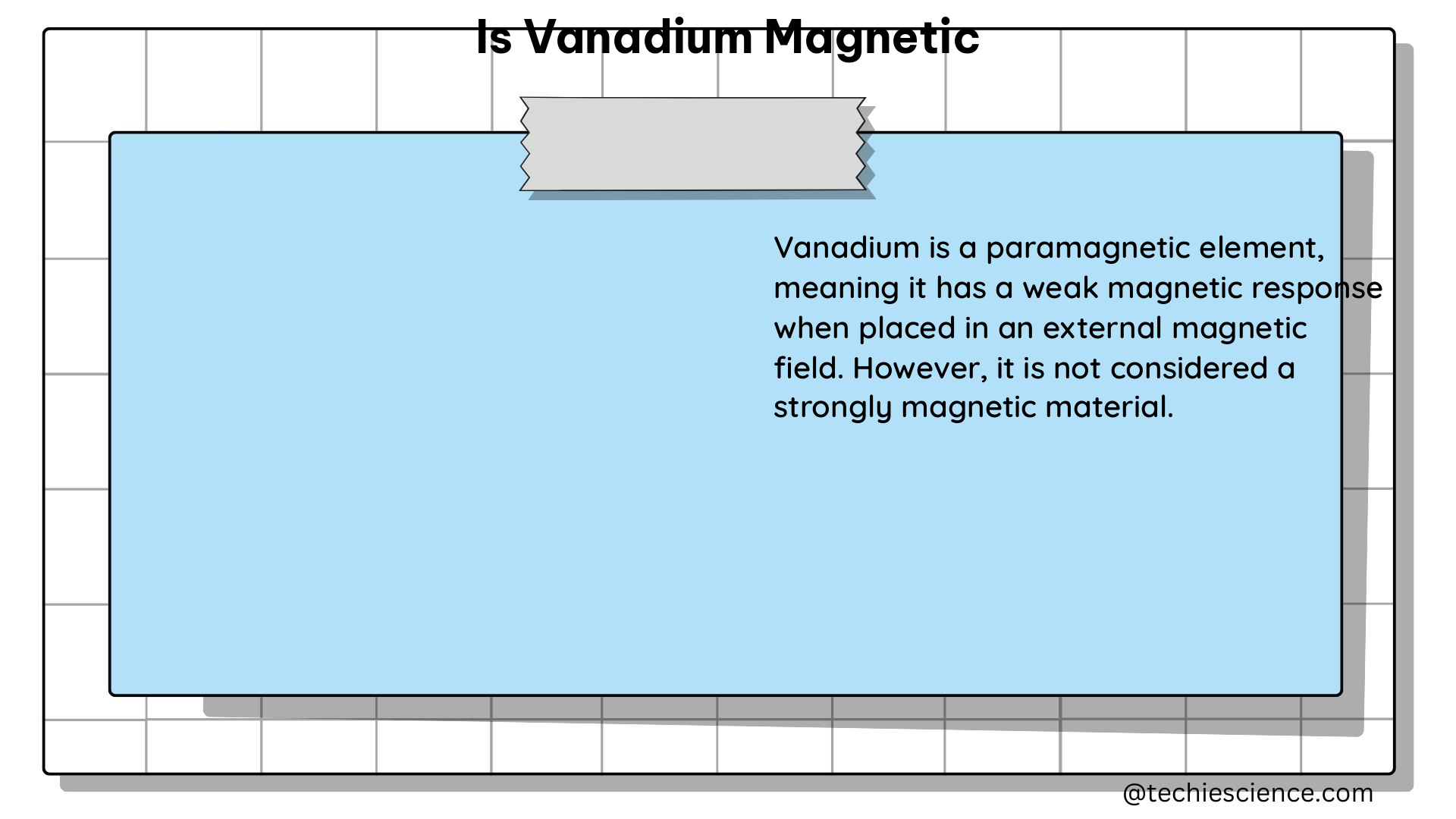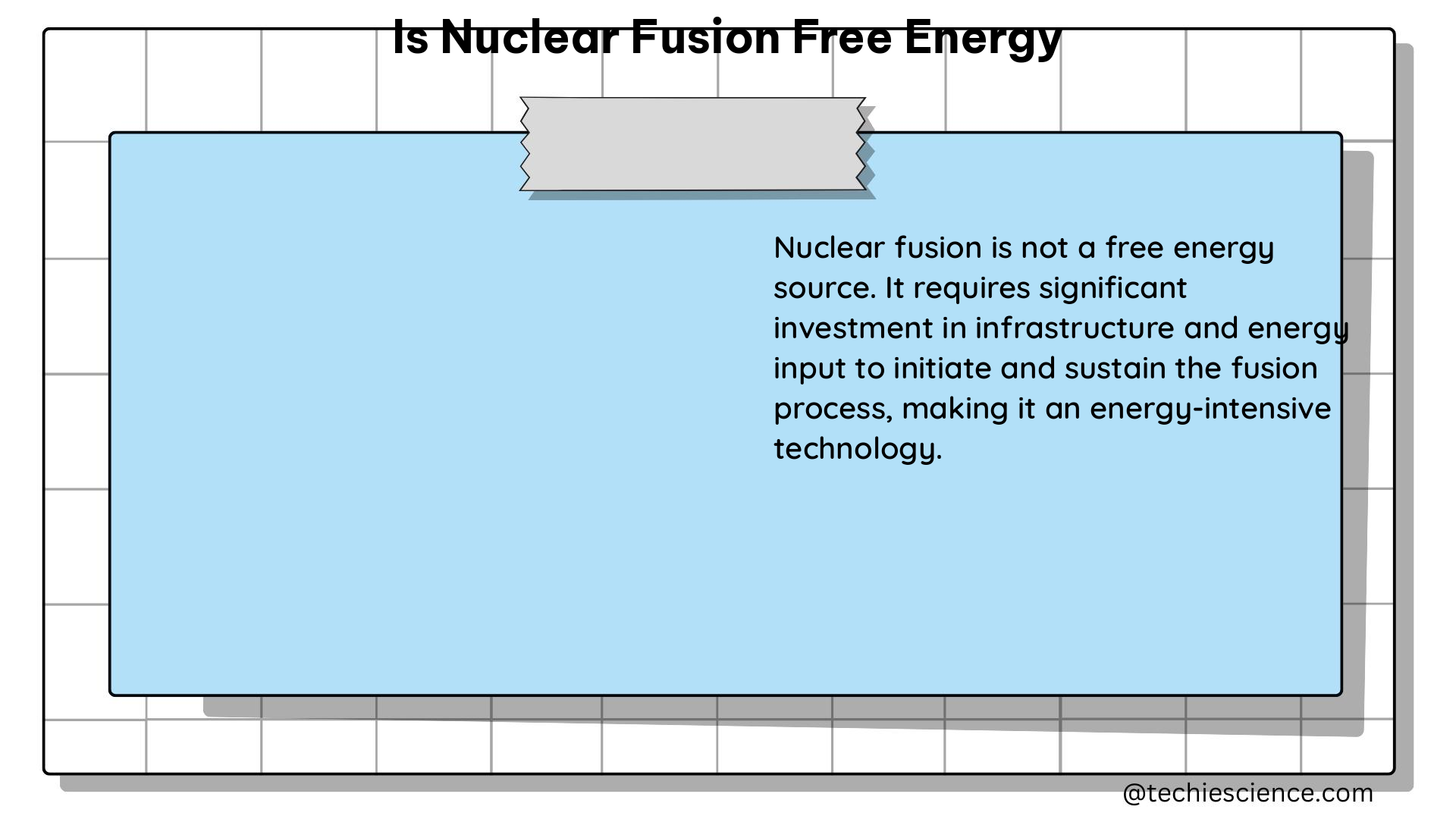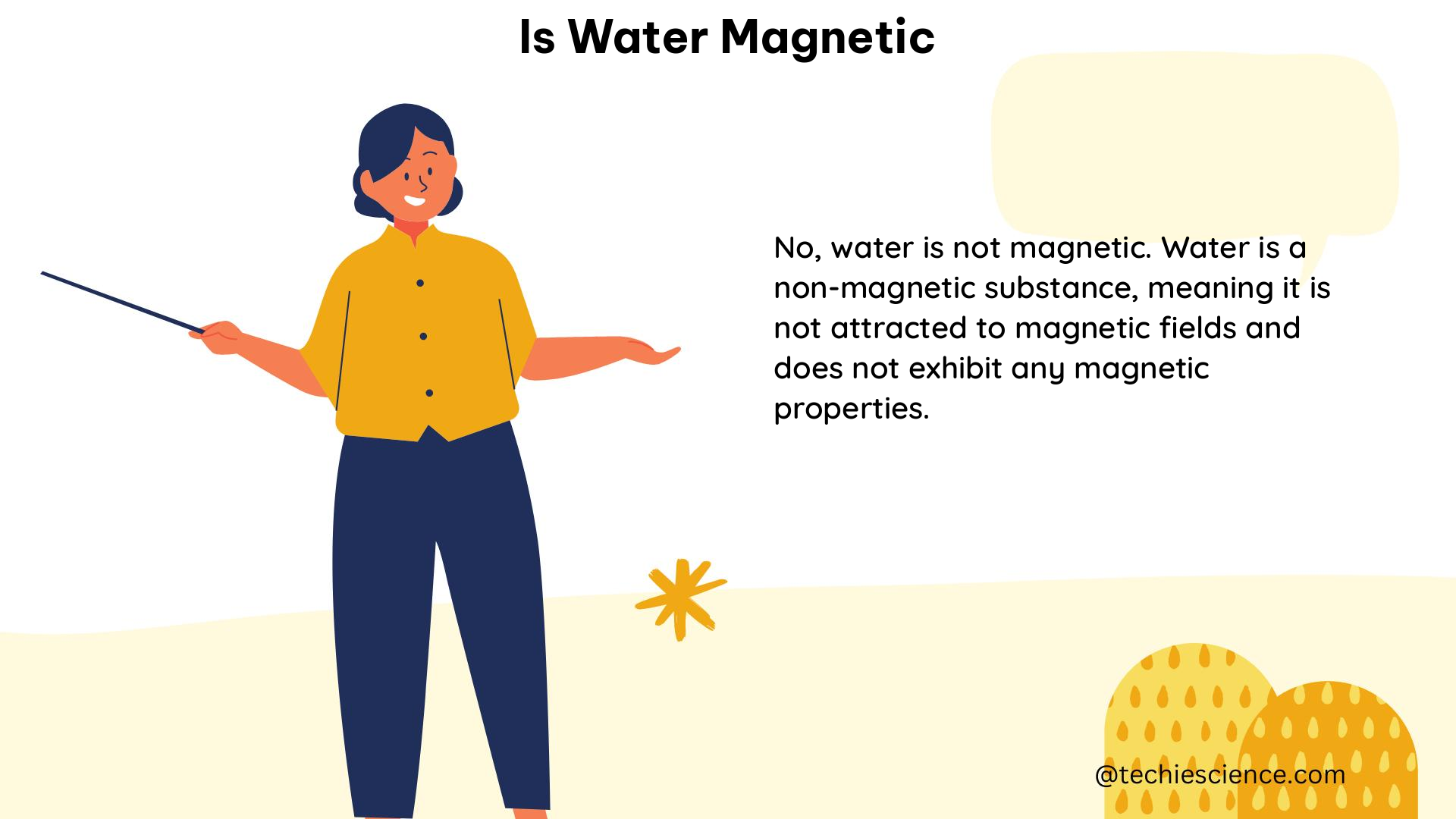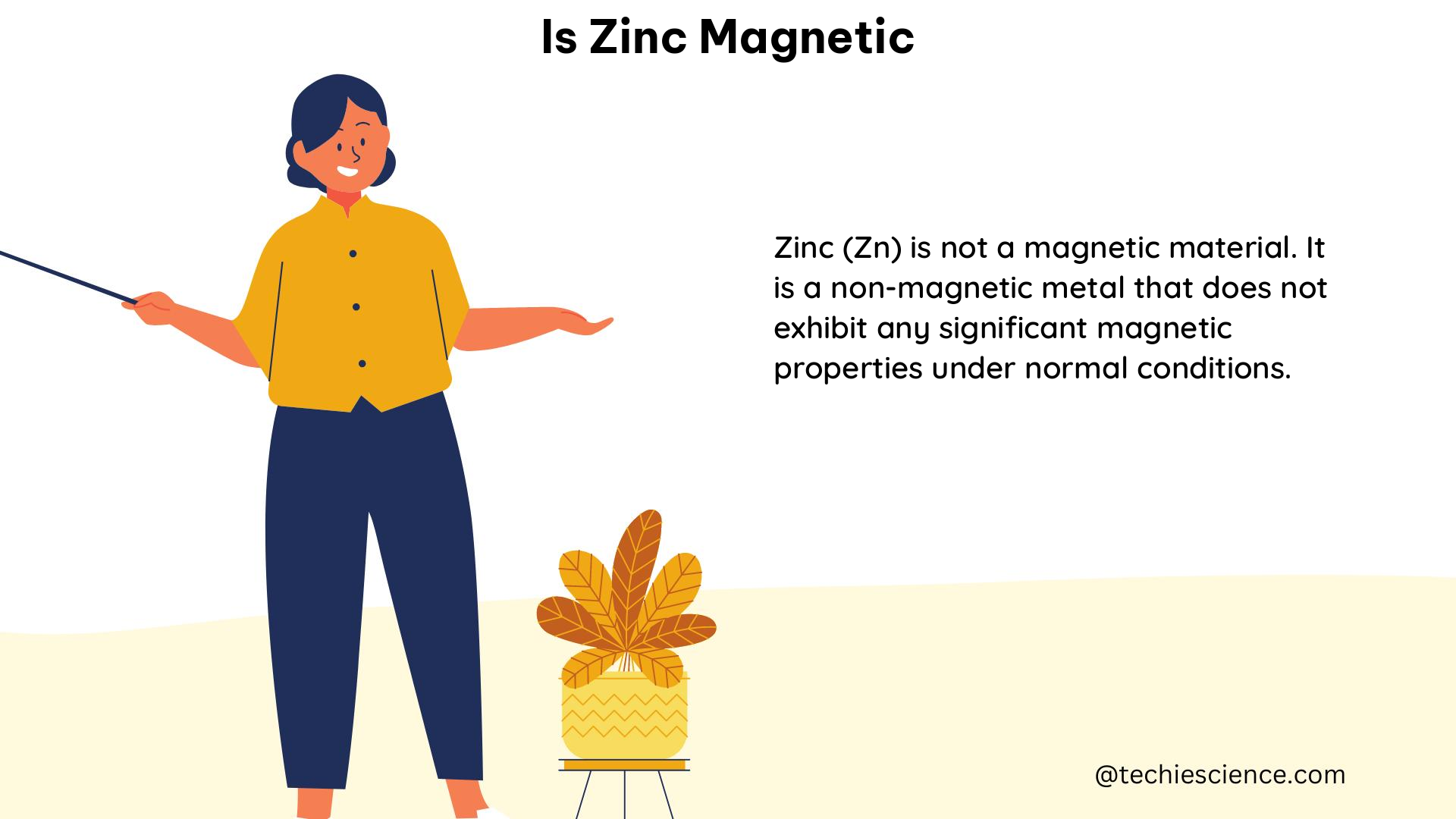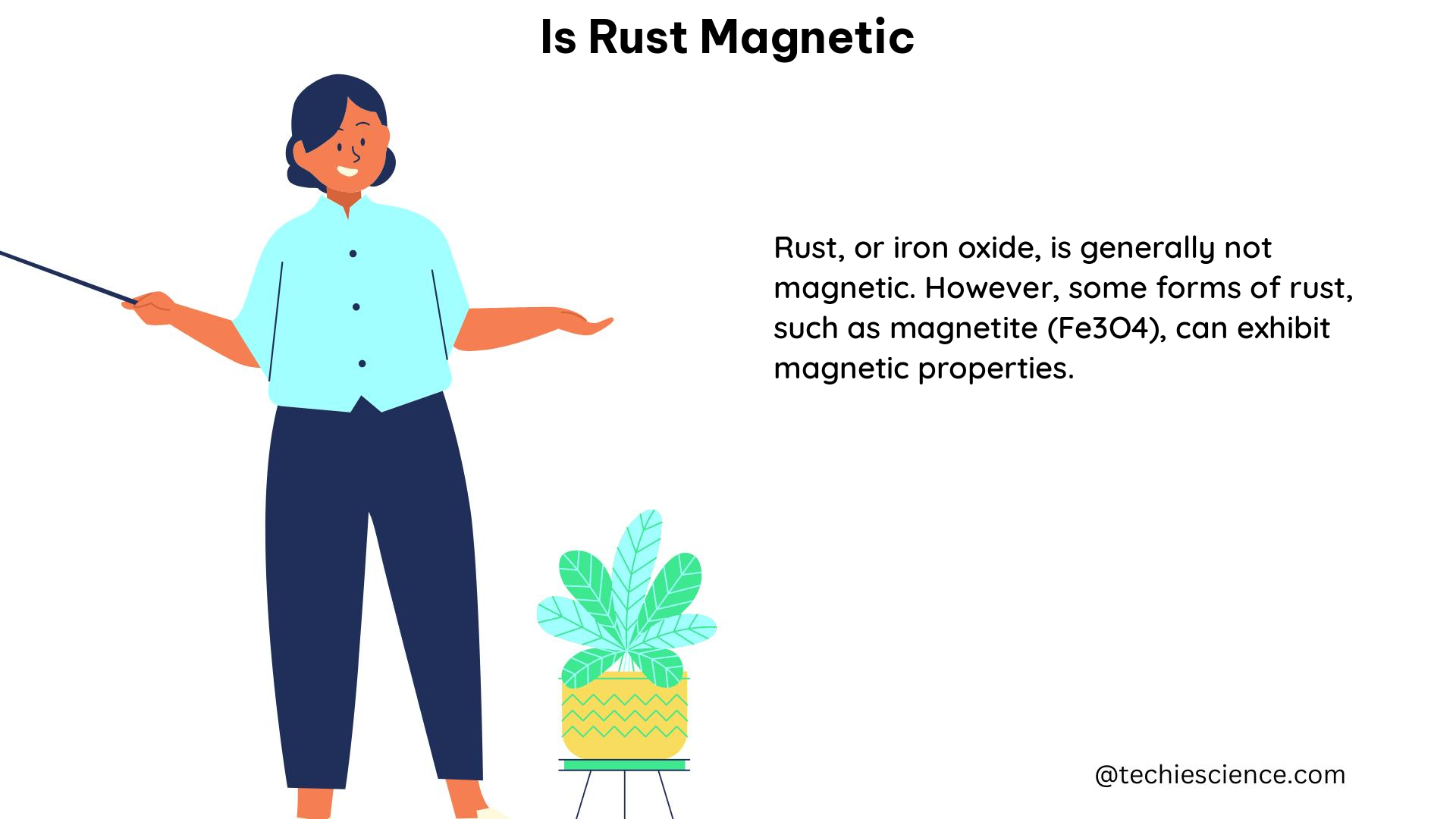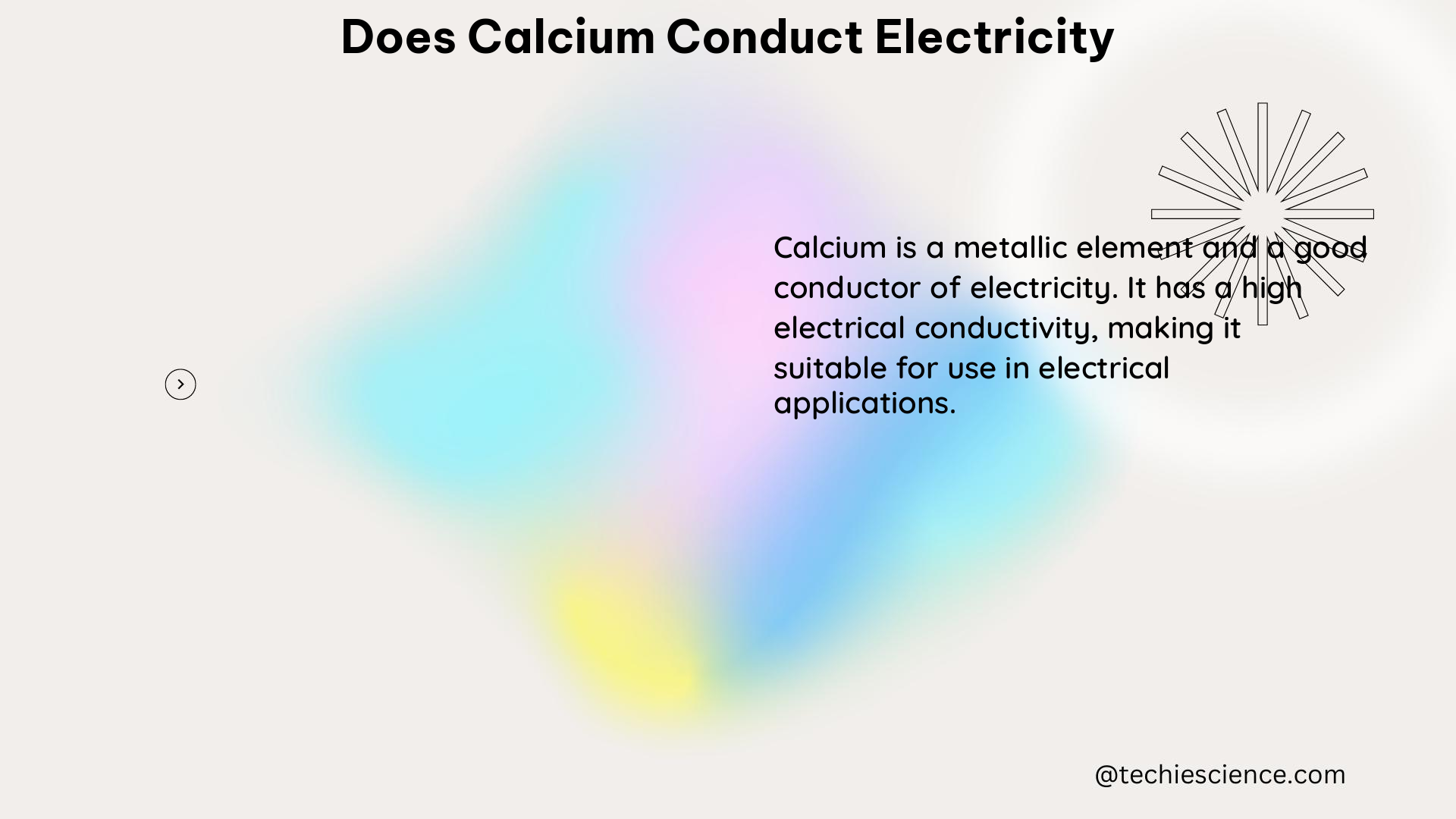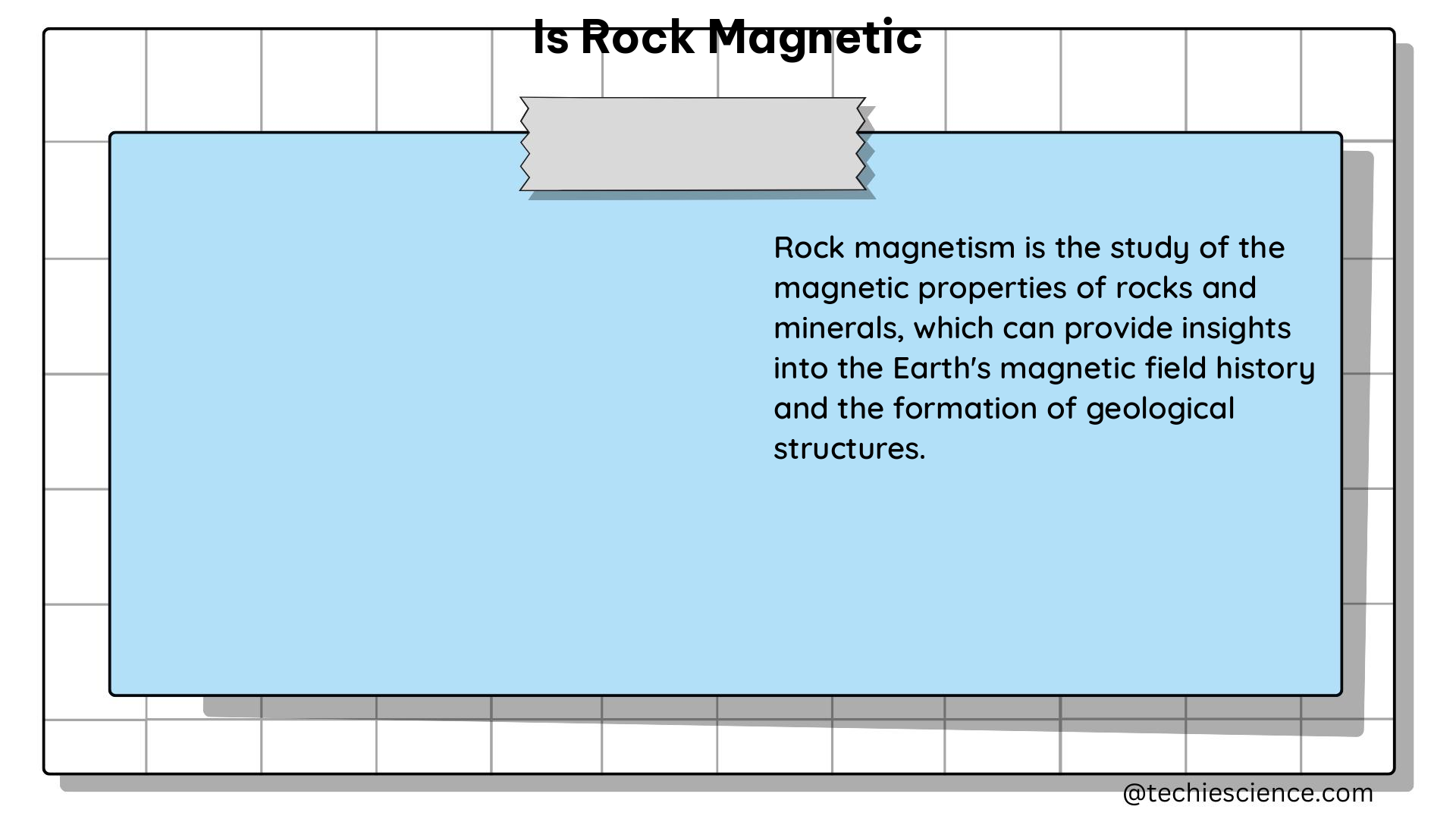Is Nuclear Fusion Renewable?
Nuclear fusion, as a potential energy source, is still in the experimental stage and has not yet been proven to be a viable and sustainable energy source on a commercial scale. However, there are several aspects of nuclear fusion that can be measured and quantified to evaluate its potential as a renewable energy source. Energy … Read more
